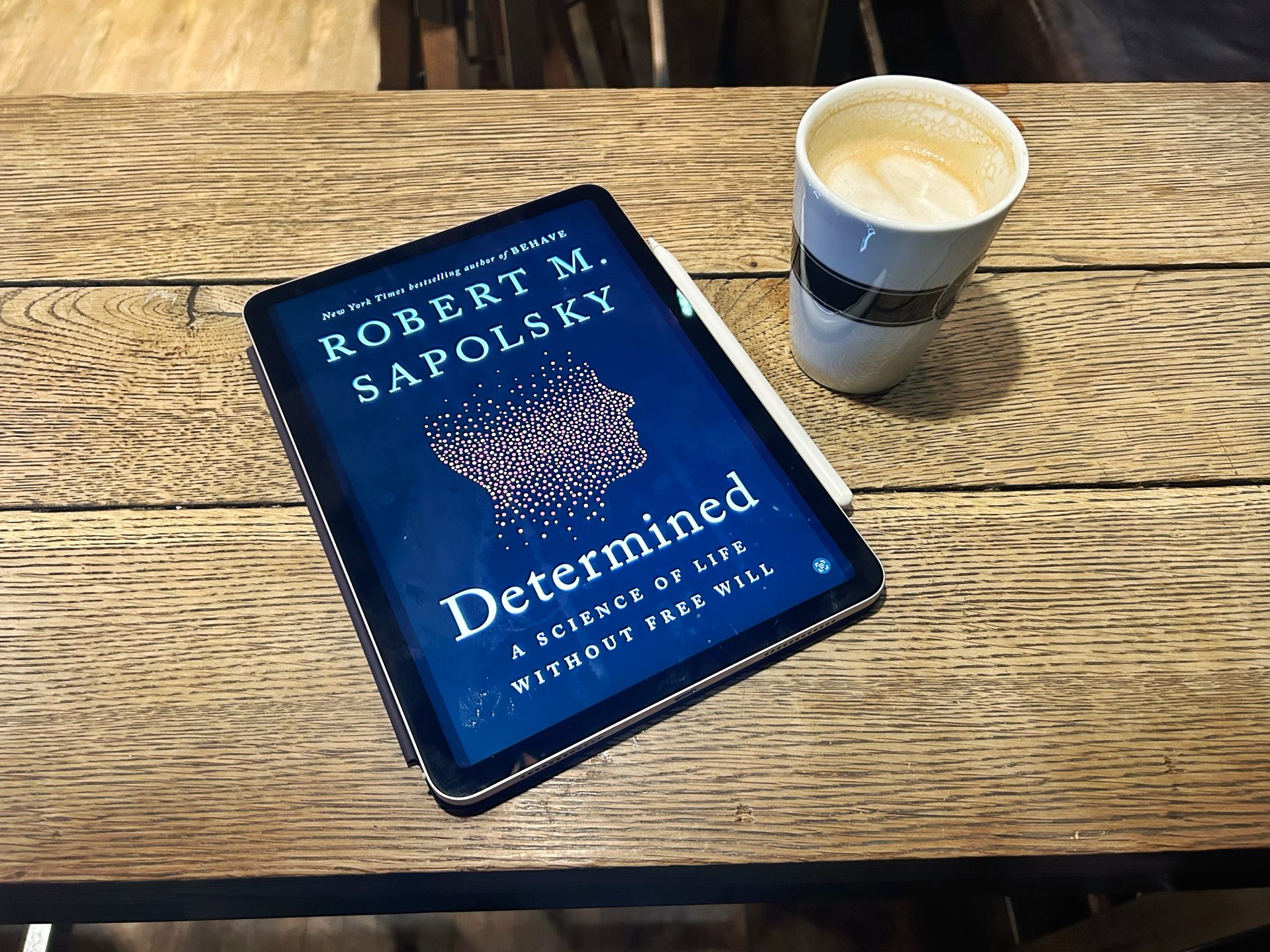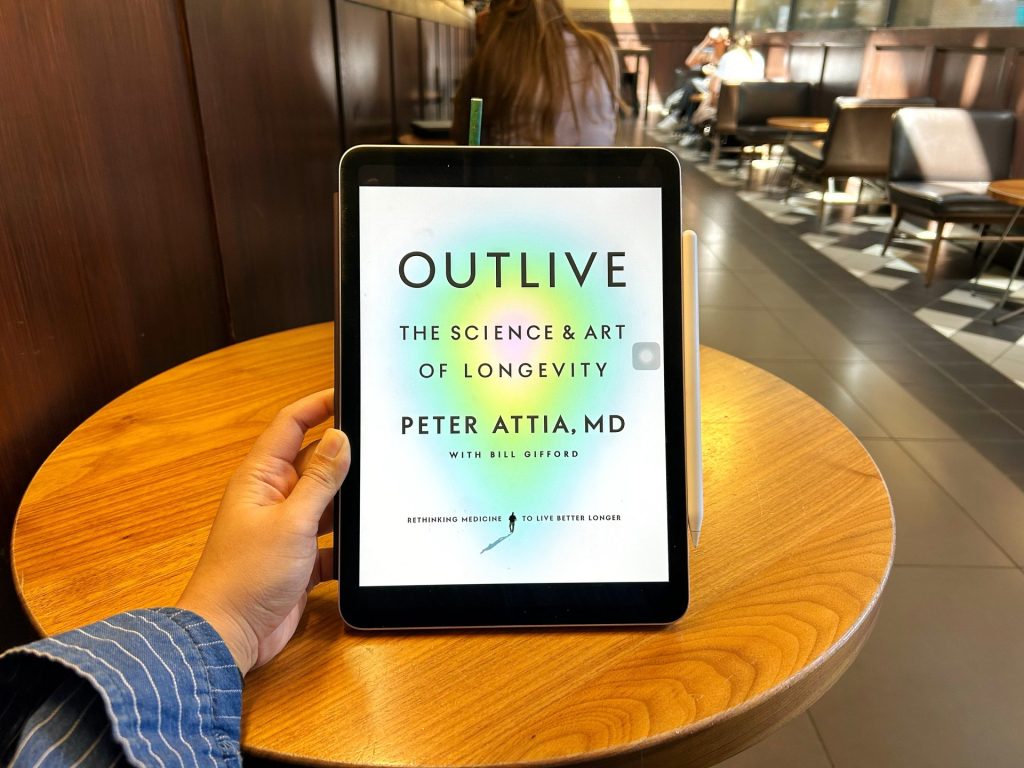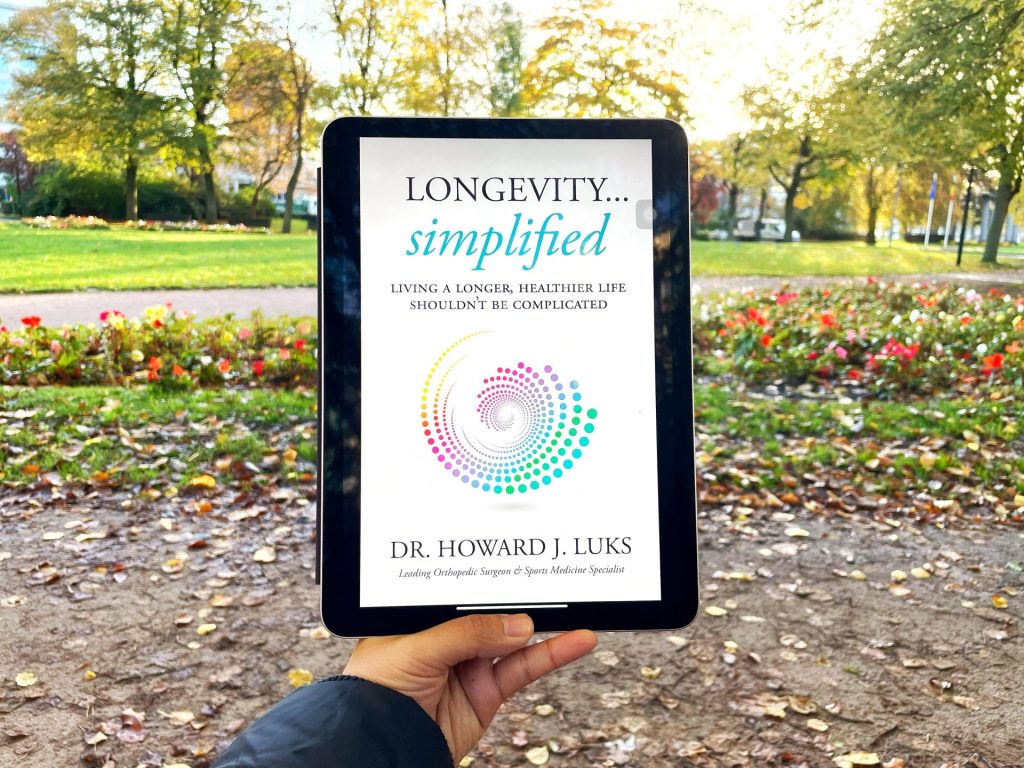We’re fond of the idea that we’re the captains of our own ships, making choices in our lives and charting our own course. In Determined: A Science of Life without Free Will, Robert M Sapolsky challenges this notion. As a professor of biology and neurology, Sapolsky presents a mind-bending argument: we might not possess as much free will as we assume!
In order to prove there’s free will, you have to show that some behavior just happened out of thin air in the sense of considering all these biological precursors. It may be possible to sidestep that with some subtle philosophical arguments, but you can’t with anything known to science.
Robert M. Sapolsky, Determined: A Science of Life without Free Will
Picture this: our brain is calling the shots before we even realize it. So when we do something, it’s not just because we’re thinking it deeply. It’s actually like a domino effect of decisions made way before we’re even aware of them.
The readiness potential, the evidence that the brain had committed to pushing the button, occurred about 300 milliseconds before people believed they had decided to push the button. That sense of freely choosing is just a post hoc illusion, a false sense of agency.
Robert M. Sapolsky, Determined: A Science of Life without Free Will
Sapolsky explains how our brains, hormones, childhood memories, and even experiences in the womb shape how we behave as adults. His goal in this book is to show us that our free will isn’t as absolute as we might think.
His argument is supported by long-term studies. For instance, Libet-style studies reveal that our brains decide to act before we consciously realize it. Research by John-Dylan Haynes and others suggests that our prefrontal cortex makes decisions even before we’re aware of them. Similarly, Itzhak Fried found that specific neurons fire before we consciously recall memories. These studies suggest that physical factors play a significant role in decision-making.
Given that we don’t have complete control over our will, what are the real implications of this understanding? It has significant consequences, particularly when considering topics such as crime and punishment. Can we hold someone entirely responsible if their upbringing was fraught with challenges beyond their control? Imagine someone born into a world of constant stress due to their family’s tough financial situation, or enduring abuse since childhood, or growing up in a neighborhood where safety is a luxury. These circumstances can mess with a person’s brain and hormone systems, making it tough for them to make wise decisions. So, how fair is it to punish someone who’s been dealt a rough world from the start? It’s a hard question that this book tackles head-on.
If you want to be better at doing the harder thing as an adult, make sure you pick the right adolescence.
Robert M. Sapolsky, Determined: A Science of Life without Free Will
Before we start pointing fingers, when it comes to reading any book, I believe it’s crucial to remember that we shouldn’t rely solely on one book to shape our views. That’s true for Determined: A Science of Life without Free Will, too. Sure, Sapolsky’s book got some impressive stuff and while I agree with much of what’s in it, it’s critical not to rush to conclusions. It’s always good to chew on different perspectives. After all, critical thinking is where it’s at!
Still, this book offers a fascinating findings into the world of free will, making it a must-read for anyone interested by the topic.
Summary
- When examining how events during fetal life shape adult behavior, it’s essential to consider the lifelong changes in hormone secretion and gene regulation that occur as a result.
- Similarly, discussions about the impact of mothering style on a child’s eventual behavior inherently involving cultural influences passed down through maternal actions.
- The variations in individuals’ tendencies toward aggression are rooted in the experiences they accumulate from a young age, which shape their perception of the world as either threatening or benign.
- In the context of Libet-style studies, the readiness potential observed in the brain indicates a preparatory state for movement occurring before conscious decision-making.
- The person you become is a culmination of the intricate interplay between biological factors and environmental influences across various stages of life.
- To truly comprehend the origins of your intentions, one must delve into the events leading up to the decision, including experiences from moments to decades prior, as well as genetic and ancestral influences.
- Decisions made in moments of apparent freedom are intricately linked to the levels of hormones in the bloodstream and the presence of specific variants of their receptors in the brain, further emphasizing the complex interplay between biology and environment in shaping behavior.
Human Development’s Influence on Free Will
- Womb
- Environmental influences before birth can significantly impact your life.
- Maternal stress can flood the developing brain with stress hormones like glucocorticoids.
- This can increase the risk of depression and anxiety in adulthood.
- High levels of androgens from Mom can lead to emotional regulation issues, aggression, and other problems regardless of gender.
- Nutrient shortages due to maternal starvation during pregnancy can raise the risk of schizophrenia and other health issues later in life.
- The environment plays a crucial role in shaping your future, even before you’re born.
2. Genes
- Genes don’t independently determine their activity; they’re influenced by environmental cues.
- DNA evolution focuses more on regulating genes than on the genes themselves.
- If someone has a gene variant linked to aggression, the environment can sway whether they engage in street fights or play chess aggressively.
- Similarly, a gene associated with risk-taking can lead to either robbing a store or taking the gamble of starting a business, depending on the environment.
3. Childhood
- Maturation involves extensive construction in neuronal circuitry and myelination, leading to increased behavioral complexity.
- Factors influencing maturation include parenting, peer interactions, environmental factors, and cultural values.
- Various childhood experiences shape individuals into different adults.
- From a biological standpoint, childhood stress can hinder the development of the frontal cortex, affecting impulse control in adulthood.
- Early exposure to testosterone can result in the development of a reactive amygdala, increasing the likelihood of aggressive responses in adulthood.
4. Adolescence
- During adolescence, the frontal cortex, responsible for executive functions like planning and impulse control, isn’t fully developed.
- The frontal cortex, being the last brain region to mature, is heavily influenced by environmental factors rather than genes.
- Learning what constitutes the right actions is a process that can’t be determined solely by genes; it requires experiential learning over time.
My Favorite Bits
We are being influenced by our sensory environment—a foul smell, a beautiful face, the feel of vomit goulash, a gurgling stomach, a racing heart.
Robert M. Sapolsky, Determined: A Science of Life without Free Will
The highly religious tend to view good work more in a personal, private context, helping to explain why religious American donate more of their income to charity than do the secular .In contrast, atheists are more likely to view good works as a collective responsibility, helping to explain why they are the ones who are more likely to support candidates advocating wealth redistribution to decrease inequality. Thus, if you’re trying to decide who is more likely to run amok with antisocial behaviors, atheists will look bad if the question is “How much of your money would you give to charity for the poor?” But if the question is “How much of your money would you pay in higher taxes for more social servoces for the poor?” you’ll reach a different conclusion.
Robert M. Sapolsky, Determined: A Science of Life without Free Will
A variety of studies shows that when it comes to theists vs nontheists being kind to someone, it really depends on who that someone is.
Robert M. Sapolsky, Determined: A Science of Life without Free Will
Author: Robert M. Sapolsky
Publication date: 17 October 2023
Number of pages: 528 pages





Leave a Reply